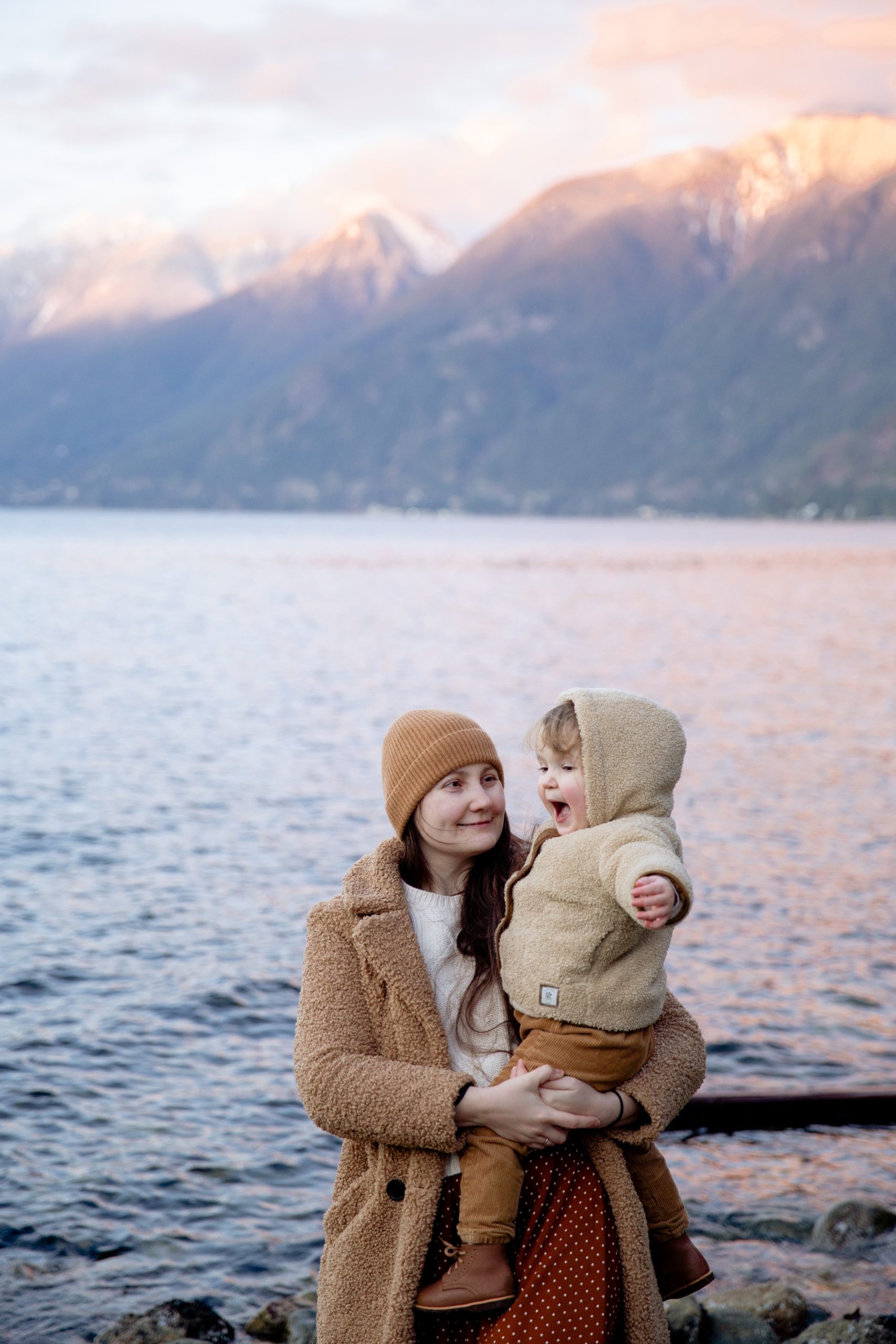 The Five Freedoms: The famous family therapist Virginia Satir, affectionately known as the “Mother of Family Therapy” has given us many great contributions to our understanding of family dynamics and the healing of family systems. Below are what she termed the Five Freedoms, which I believe can be very helpful to those wishing to move towards peaceful parenting and relating in the family!
The Five Freedoms: The famous family therapist Virginia Satir, affectionately known as the “Mother of Family Therapy” has given us many great contributions to our understanding of family dynamics and the healing of family systems. Below are what she termed the Five Freedoms, which I believe can be very helpful to those wishing to move towards peaceful parenting and relating in the family!
If we can foster these simple principles into our relationships with our self and those close to us, it really helps to maintain peace and harmony. The more equipped teachers or family members are to return back to harmony using healthy conflict resolution skills, the happier and more secure the family members or students can be. If you’re focused on the development of your child’s emotional intelligence, these guidelines can provide a powerful compass for healthy relating:
- The freedom to see and hear (perceive) what is here and now, rather than what was, will be or should be.
- The freedom to think what one thinks, rather than what one should think.
- The freedom to feel what one feels, rather than what one should feel.
- The freedom to want (desire) and to choose what one wants, rather than what one should want.
- And the freedom to imagine one’s own self-actualization, rather than playing a rigid role or always playing it safe.
“These freedoms amount to full self-acceptance and integration. Enormous personal power results from such freedoms. All the person’s energy is free to flow outward in order to cope with the world in getting one’s needs met. This allows one full freedom, which amounts to full functionality.” John Bradshaw
The five freedoms foster authentic communication, as opposed to any kind of perfectionistic system that evaluates what each person should think, should feel, should want. Healthy families have conflicts and differences of opinion, but allow each person to feel and think what they feel and think and work towards caring for each other, relating to the needs behind the behaviour and finding solutions, rather than figuring out who is to blame and whose thoughts and feelings are more right than others. When these freedoms are fostered, children will easily tell their parents the truth of what they feel and want, without having to edit through a filter of what is acceptable or not acceptable. This way children can access support from their parents in all situations, which decreases feelings of helplessness, powerlessness, shame, overwhelm, resentment and rebellion.
Children learn to express their true feelings in less attacking ways through the modelling of their parents, especially with the use of “I” statements. For instance; “I’m stressed and frustrated, this isn’t working for me” is an expression of feelings that gives others in the family insight and relevant information about your perspective, it gives insight into one’s internal state and invites collaboration, whereas stating: “You’re being inconsiderate, selfish, uncaring, can’t you see that you’re really stressing me out ….” are evaluative judgments, which invite defensiveness, conflict and competition.
It’s ok that you’re frustrated, it’s ok that your child’s actions have an uncomfortable effect on you, it’s ok that this is hard for them to hear, it’s ok that they have an emotional response to that, it’s ok that they express their thoughts and feelings.
Most conflicts in most families I believe are caused because the expression of less than happy thoughts and feelings are interpreted as a criticism, an attack or a complaint instead of hearing, allowing and acknowledging the actual feeling or need that’s being expressed.
If your child expresses their frustration because you didn’t respond quick enough, or because they didn’t like how you responded or didn’t responded, if they don’t like the food or the fact that you collected them 5 minutes late or they’re unhappy about it raining today, or the fact that you asked them to wear a raincoat because it’s raining, or they’re frustrated because their sibling finished their favourite cereal or are overwhelmed because they left their homework book at school and can’t do their homework – let’s aim to allow and acknowledge their feeling first, rather than reacting defensively. When we react defensively we leave them feeling conflicted, confused, maybe guilty, or resentful about the feelings they just expressed.
My daughter so often reminds me of this when she says; “I’m not saying that you should have or shouldn’t have …. I’m just trying to get my frustration out”. I may be thinking that she’ll feel less frustrated if she understands my intention or whatever other factors were involved, but actually the first response needs to be a reflection and an acknowledgment of her feelings: “yes I hear that you were expecting me to ….. and that it was really frustrating for you that …. and that now you’re feeling …… “. The extra information that brings more understanding can come later, if even needed. But the more we hold back on defending our own or another person’s perspective and focus instead on helping our child feel heard, understood and acknowledged, the smoother everything becomes for all concerned.
I don’t always get this right, and thankfully my kids are quick to reflect when I don’t, but because it’s what I’ve always aimed to do and work very hard to do, they themselves are really good at doing this.
When our child’s thoughts and feelings are listened to respectfully, it allows them to have more space and openness to hear our thoughts and feelings respectfully, and then working together to find a solution is a natural next step. Children move towards cooperation and working together more naturally and more easily (although not always) when they sense that we assume their good intentions, expect the best of them, but accept them where they’re at and show care of their feelings. ~ Genevieve
Reference: “Bradshaw on The Family” by John Bradshaw


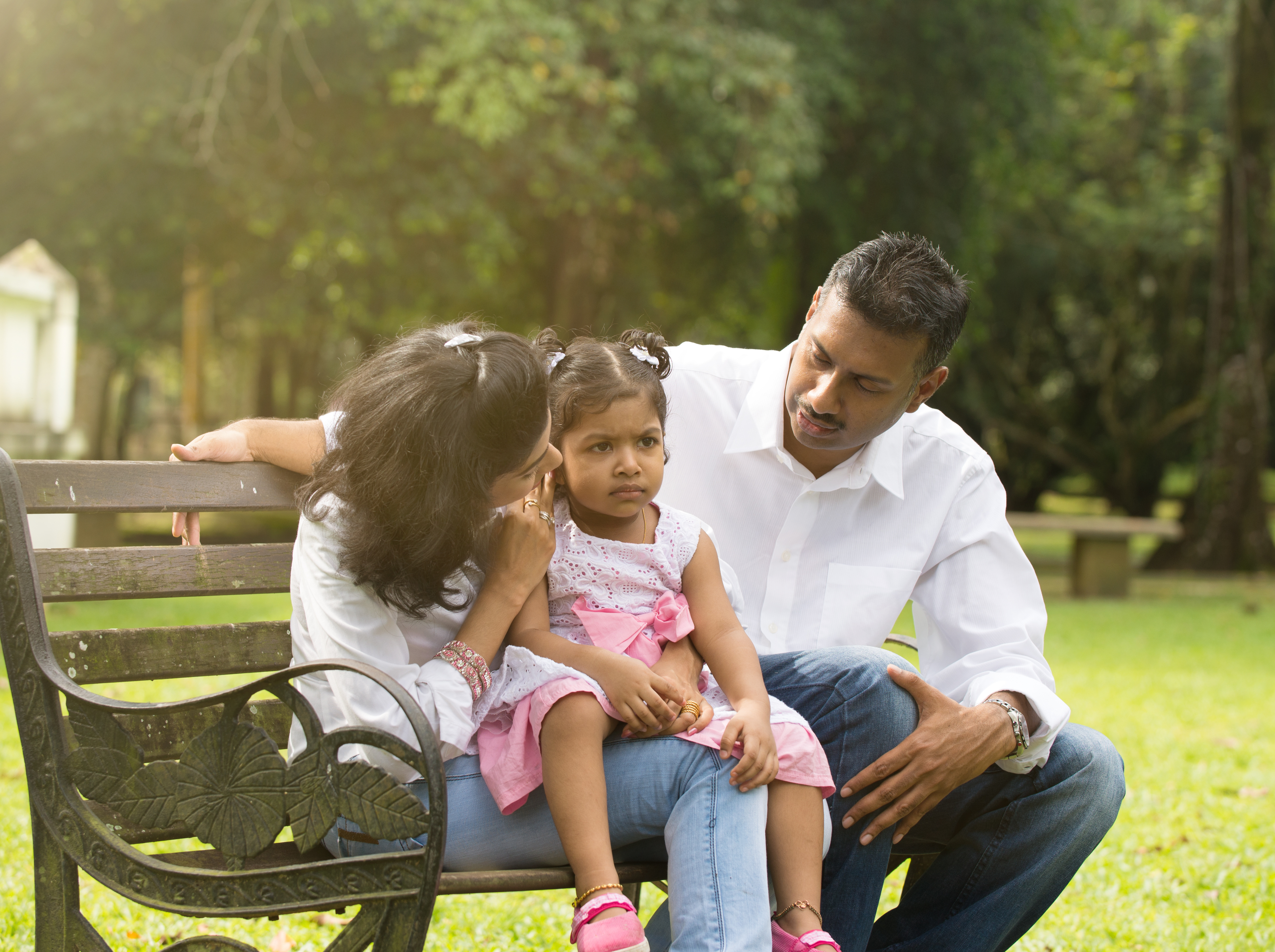
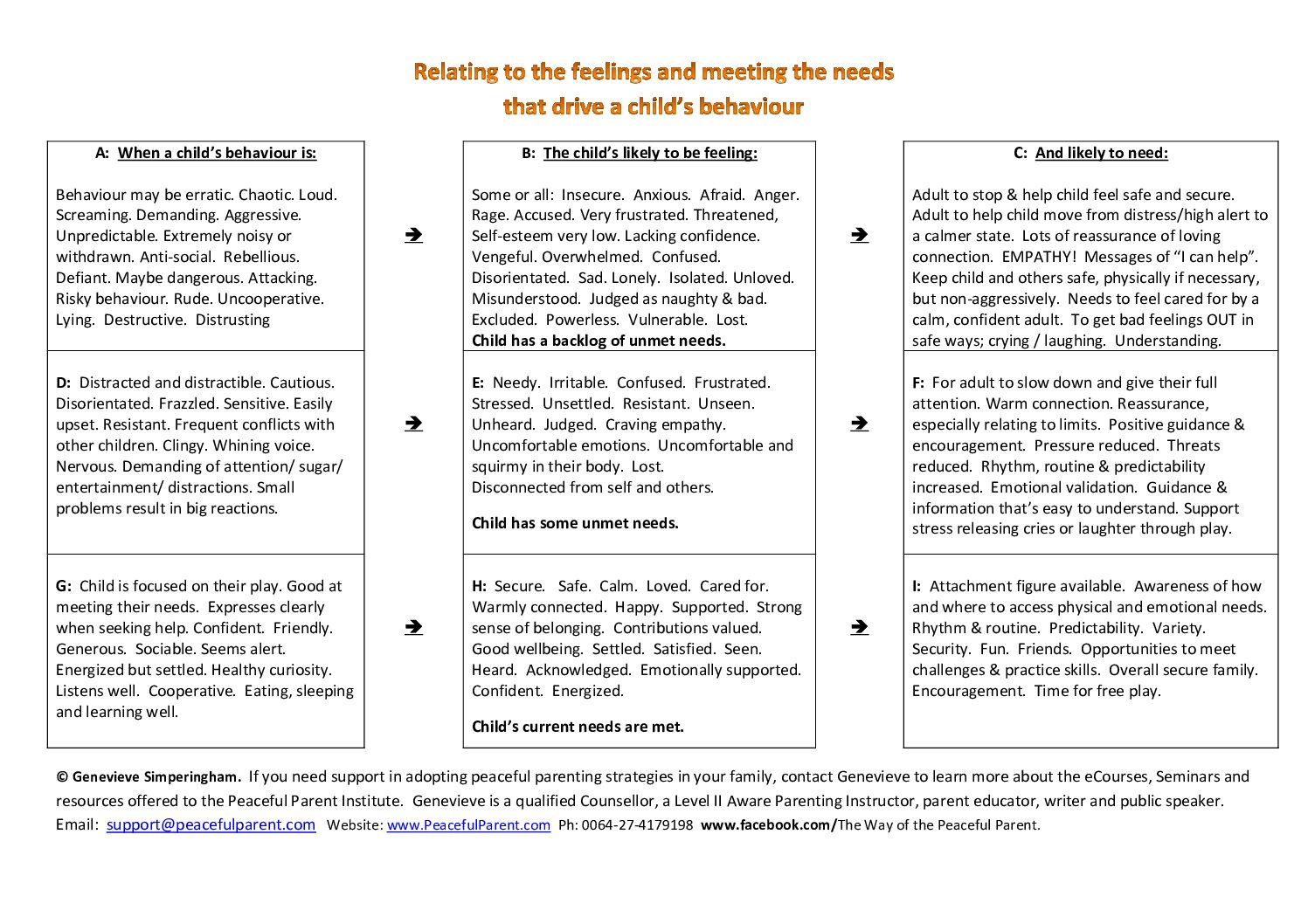


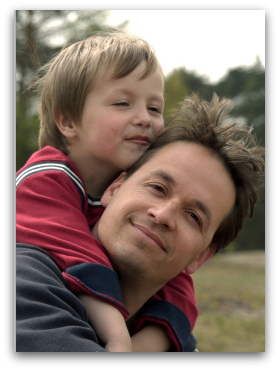
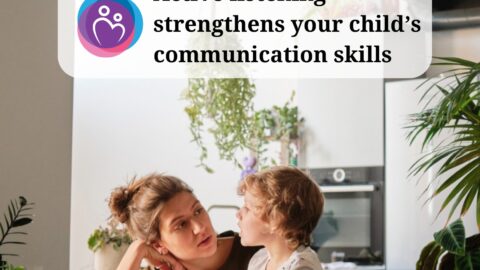
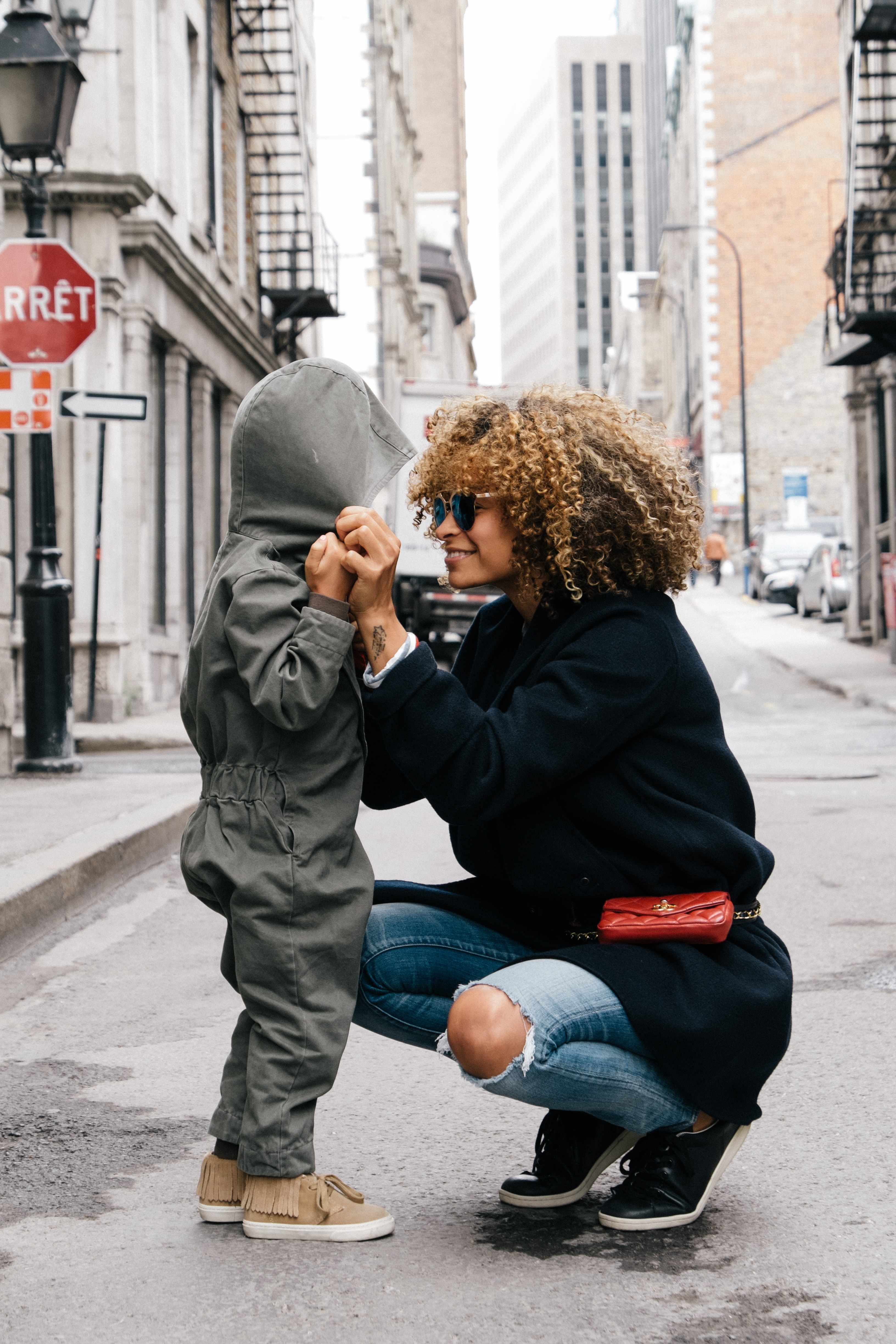
Great article. Insightful. These examples are wonderful. I have written something similar, inspired by this article, with a multicultural lens. https://www.aroad2recovery.com/post/do-you-have-your-five-freedoms-in-your-culture
[…] changes when we choose to embrace and even welcome the uncomfortable emotions and patterns that parenting challenges evoke? There’s a subtle, but huge shift that can happen […]